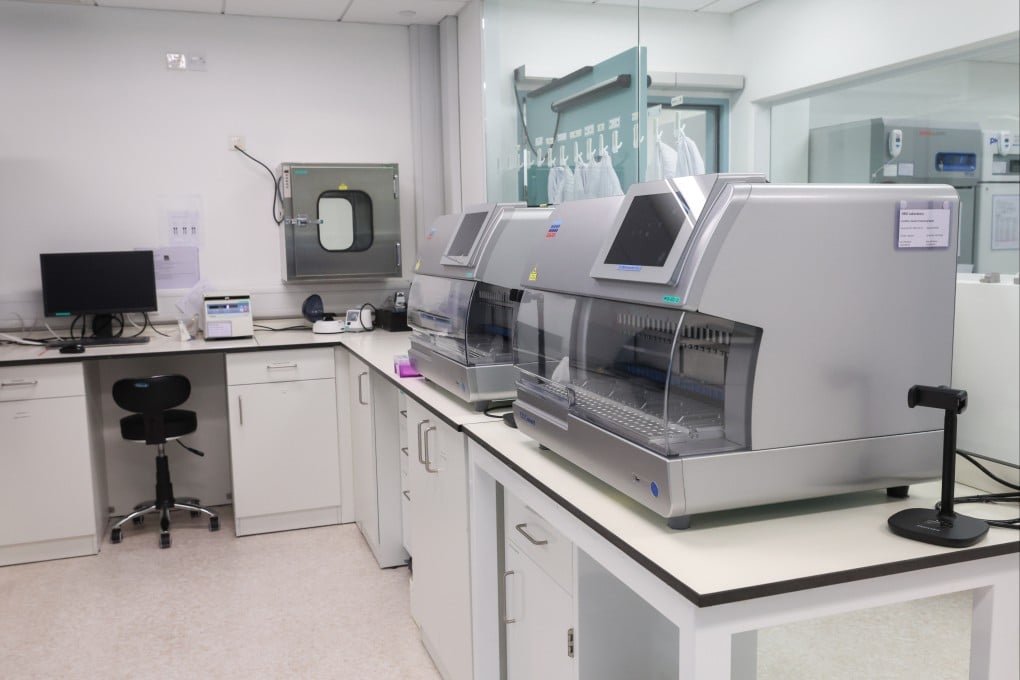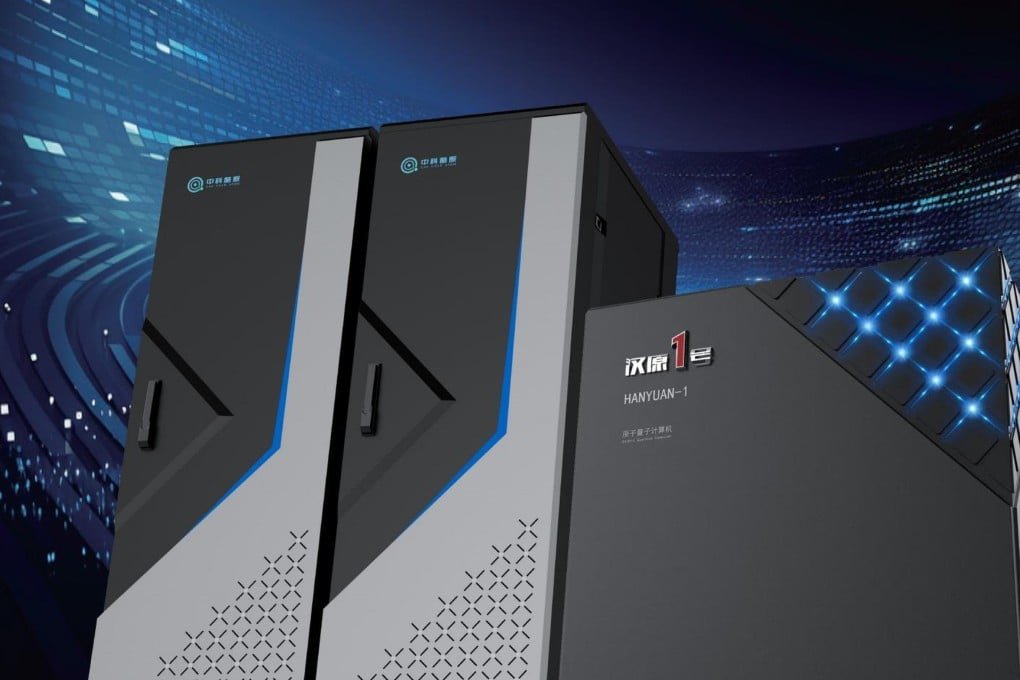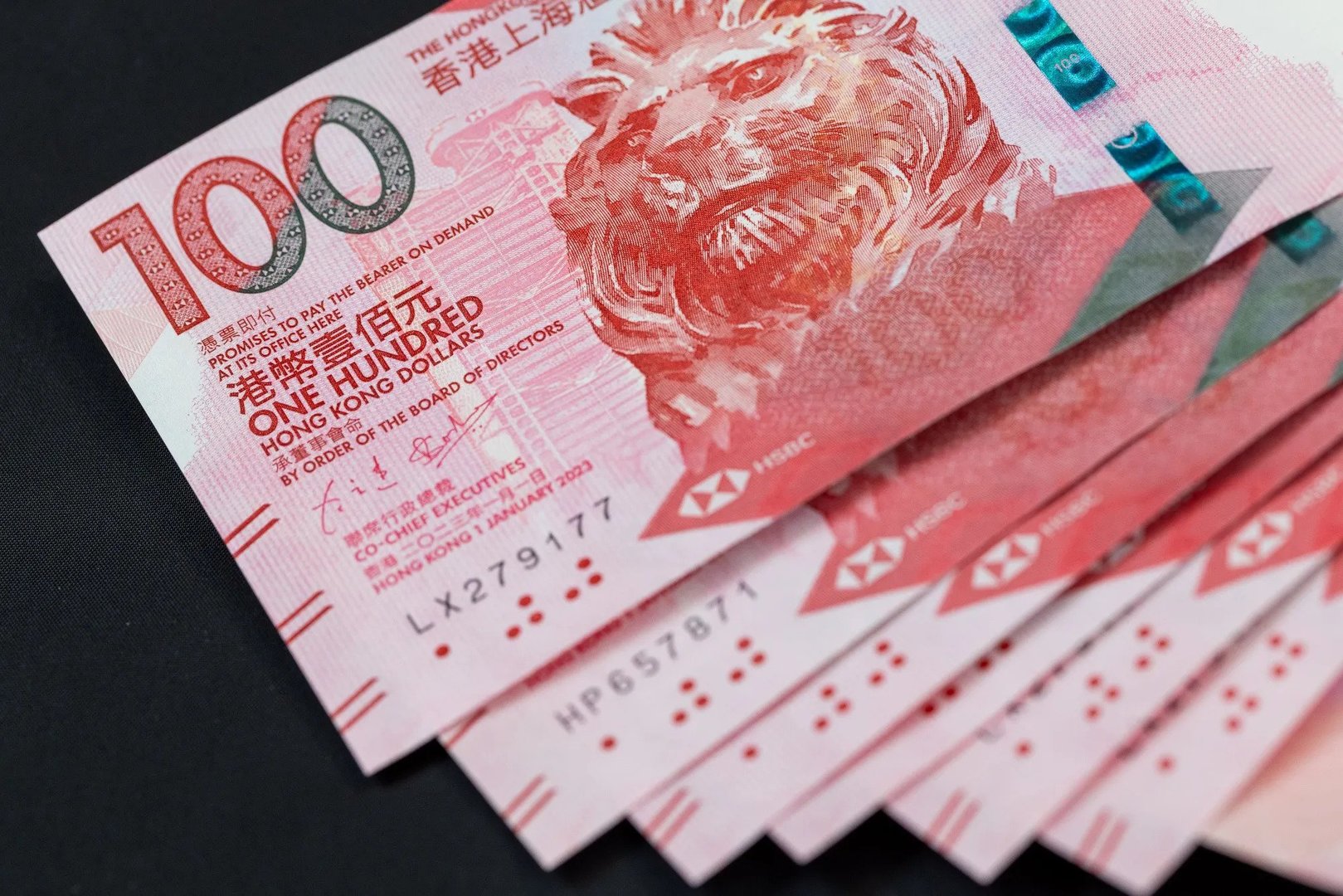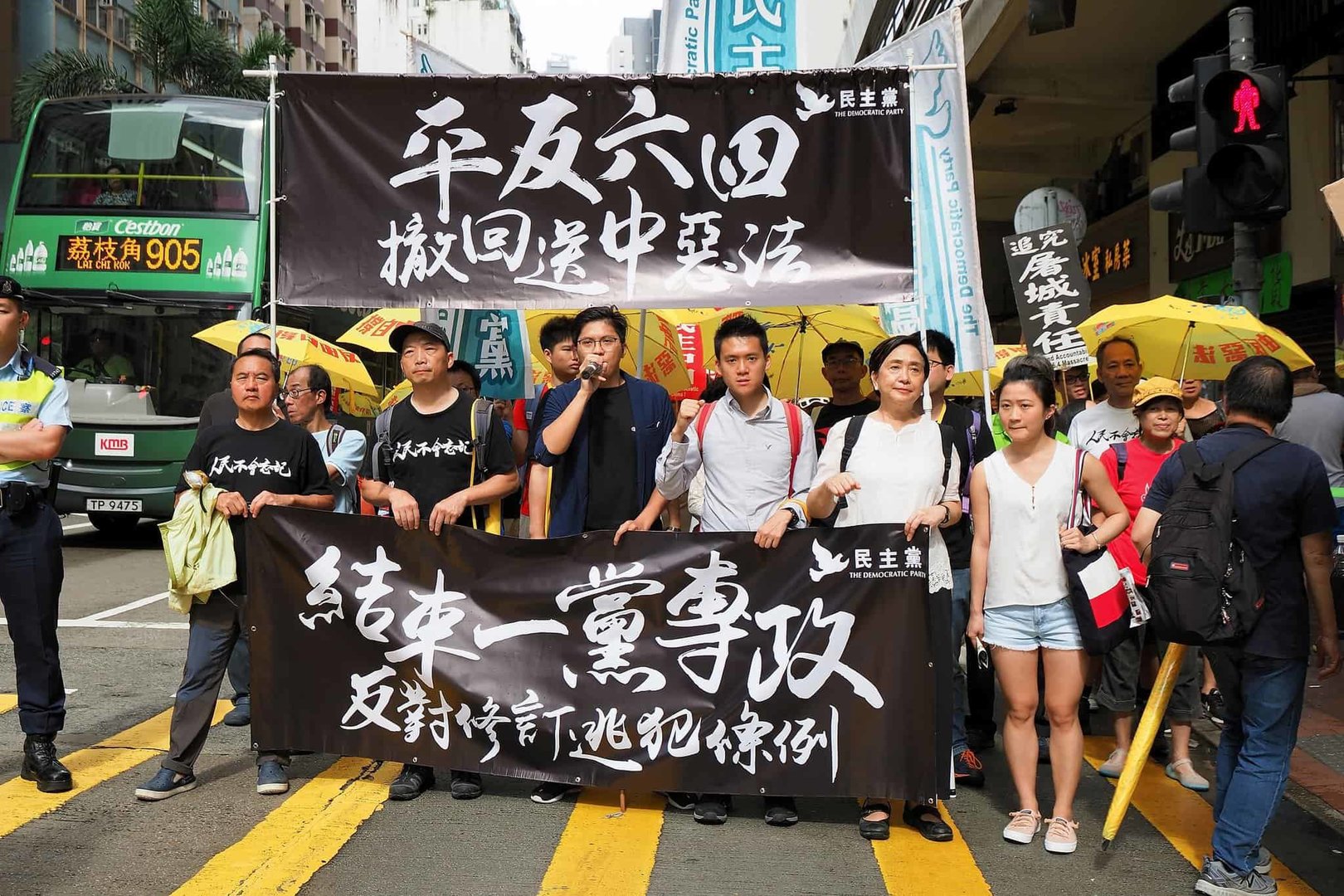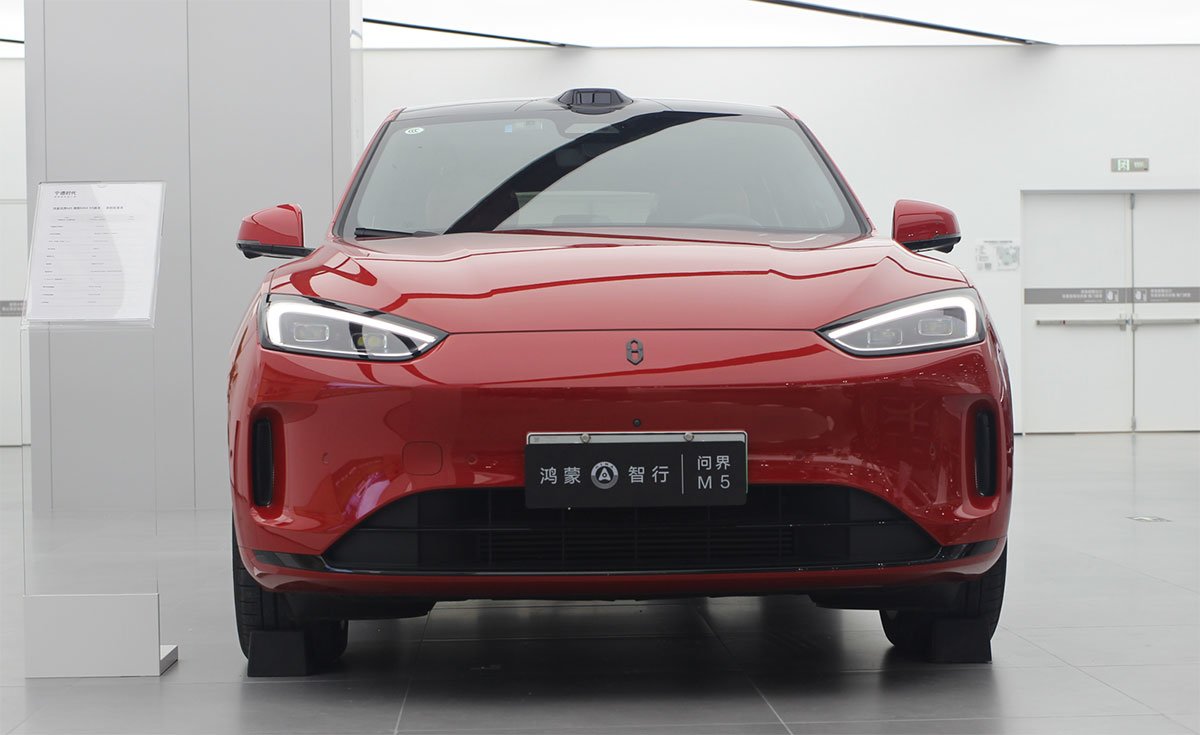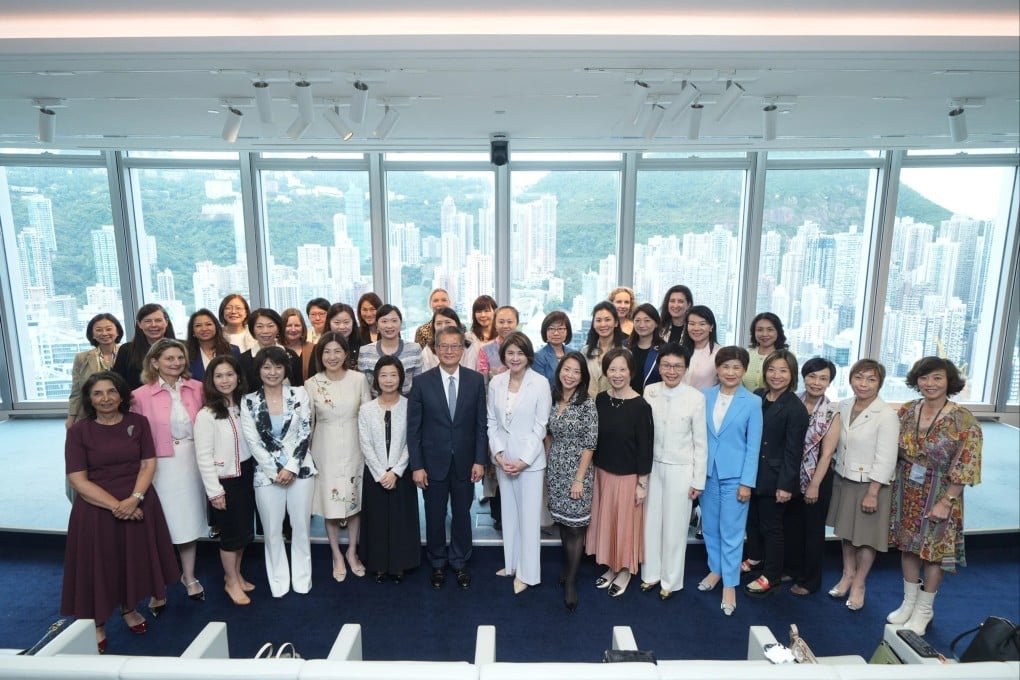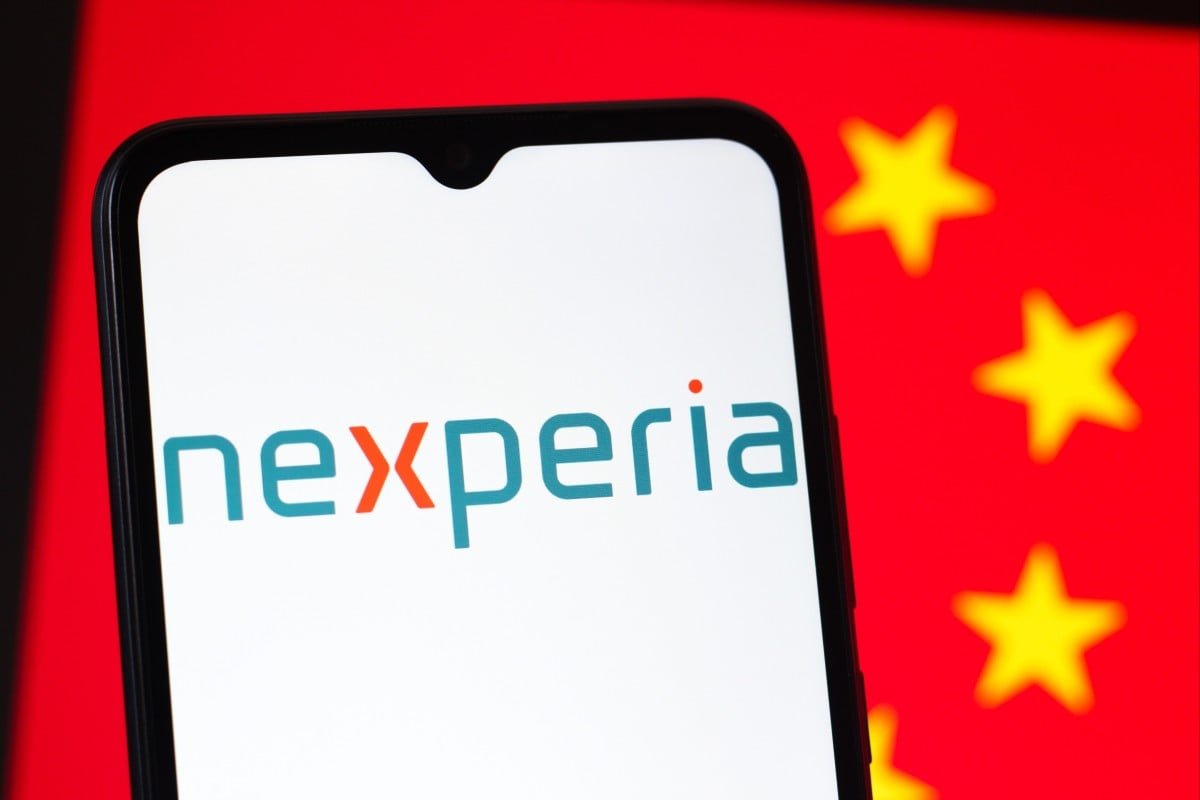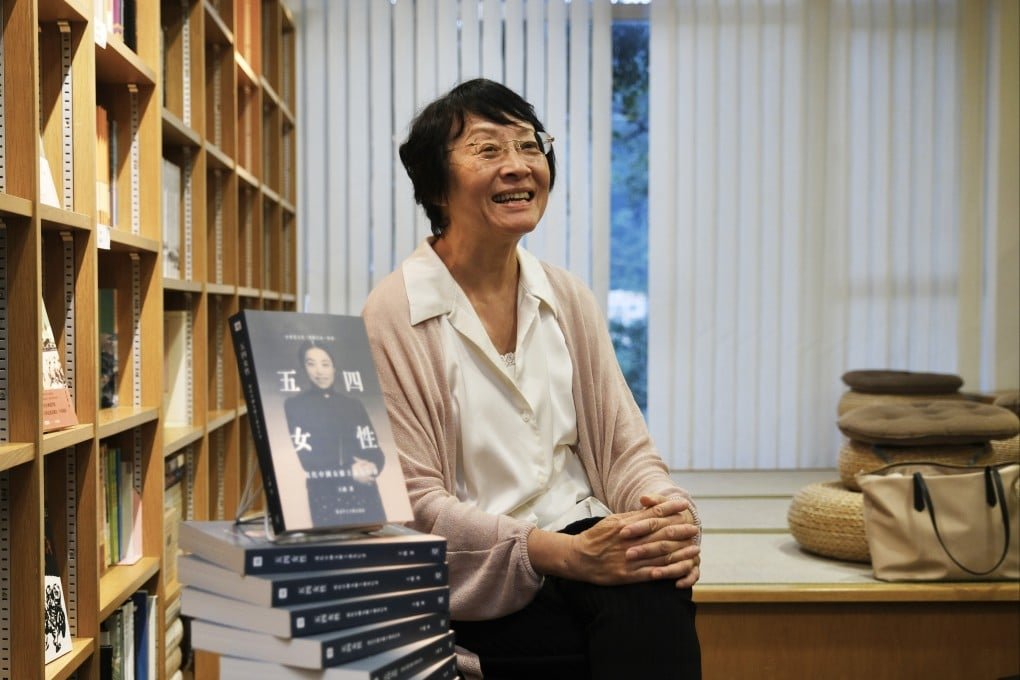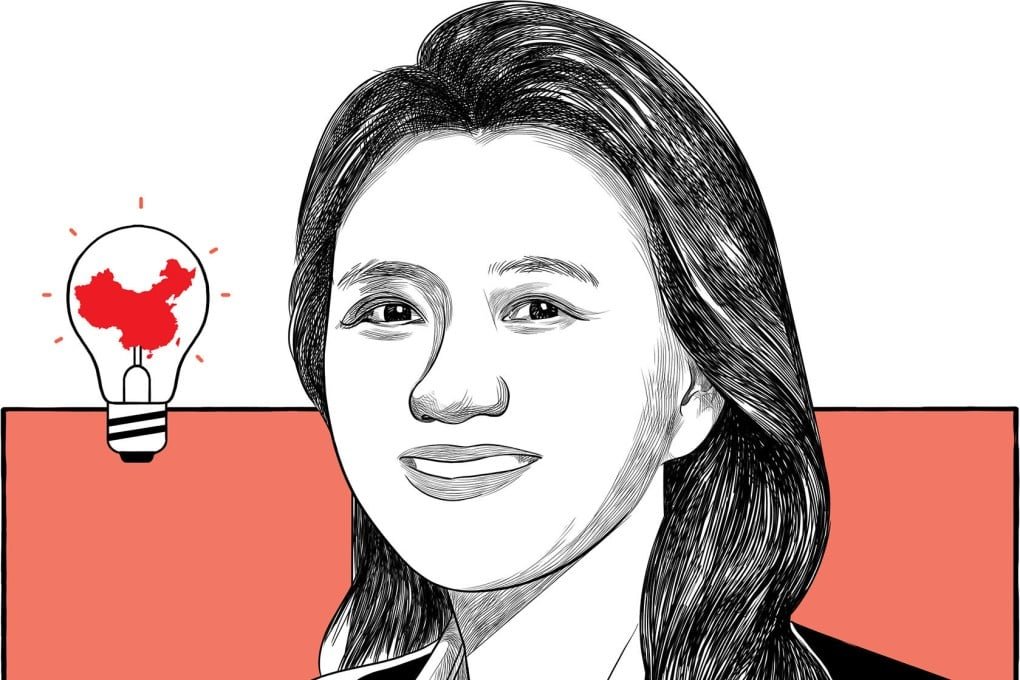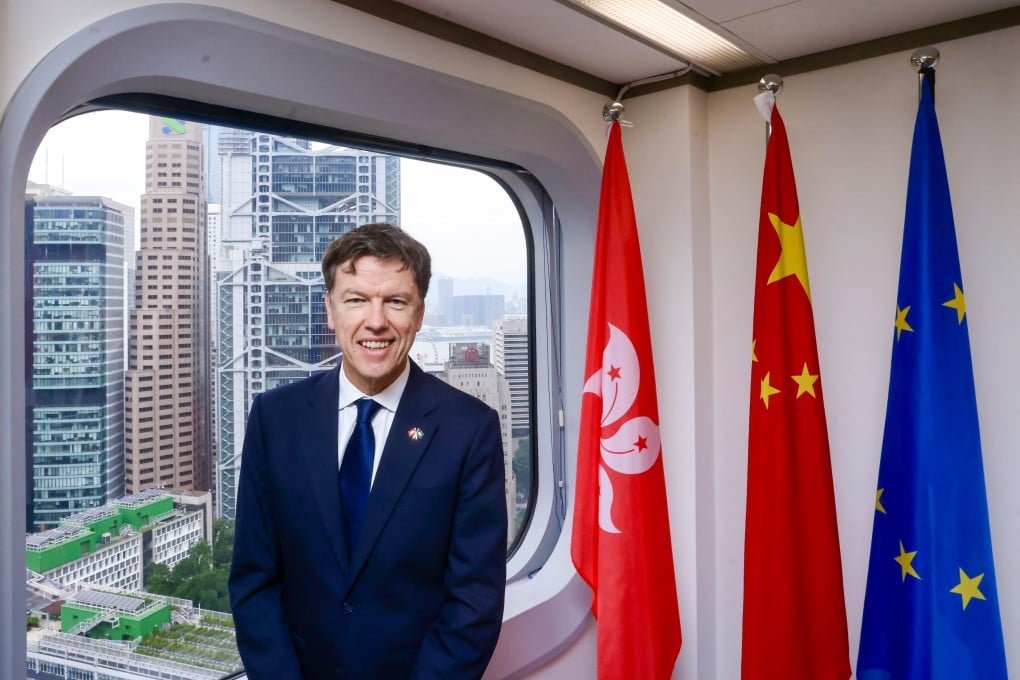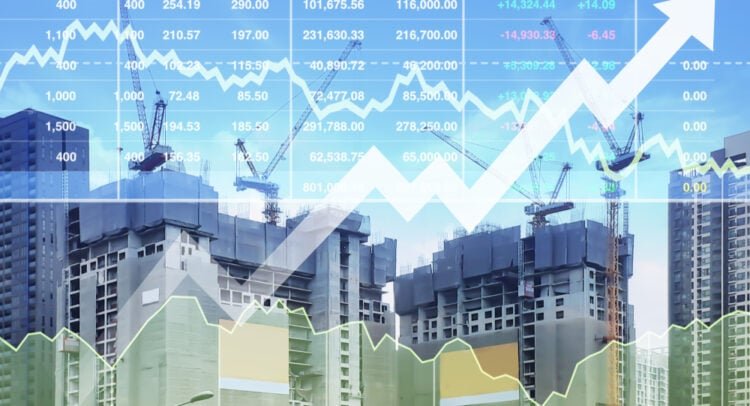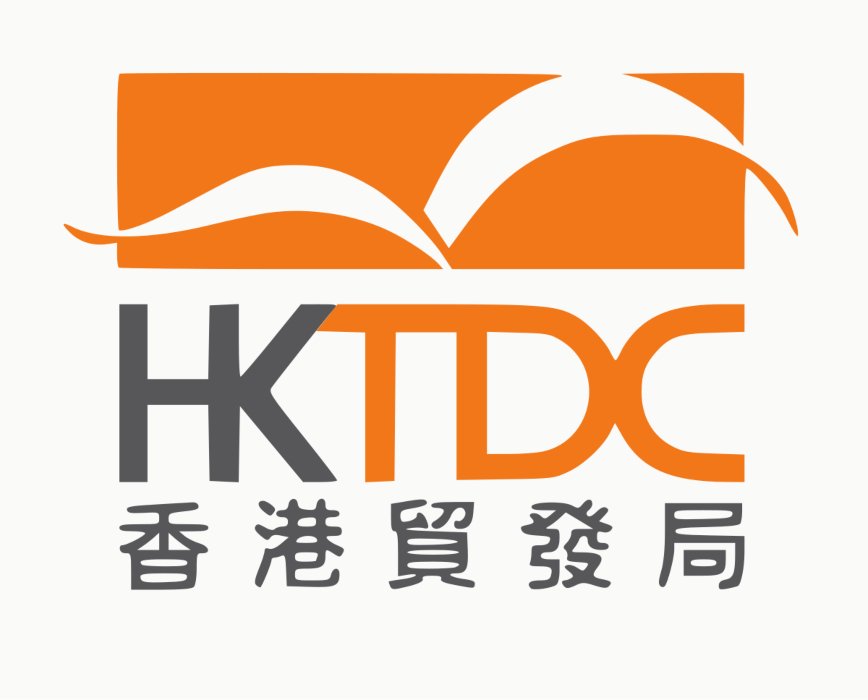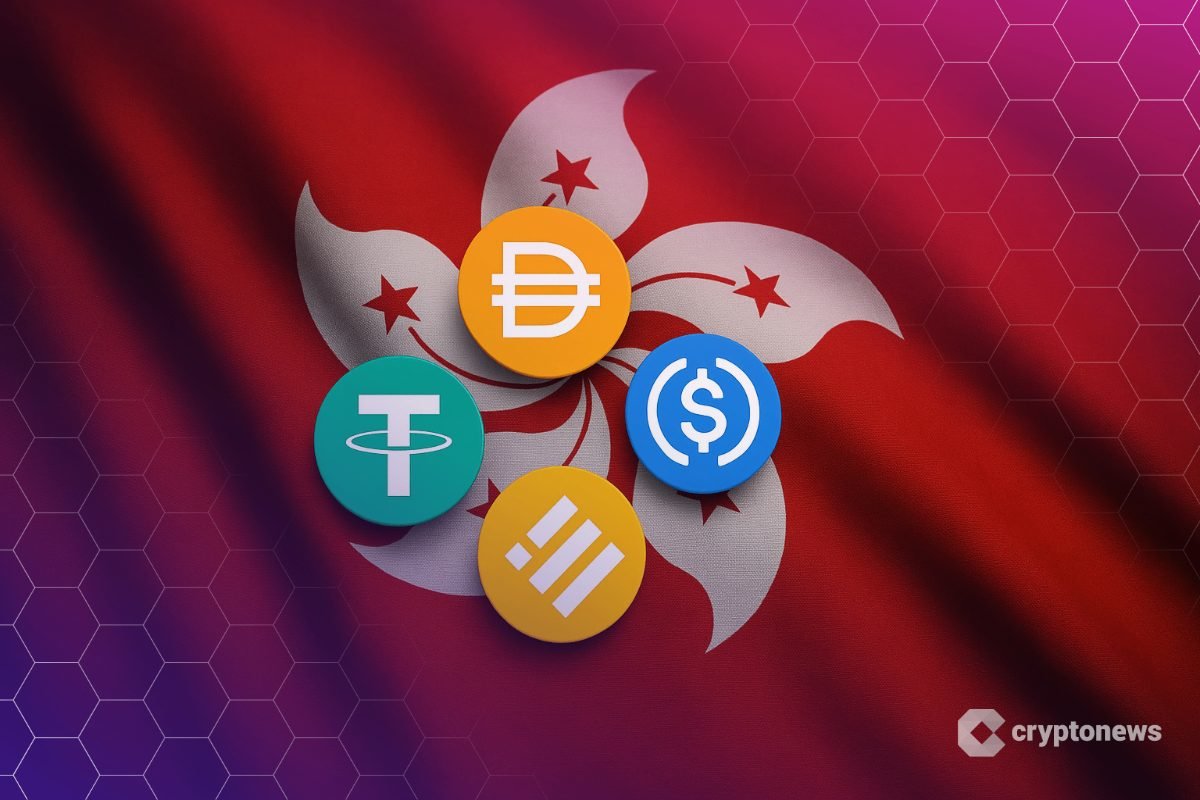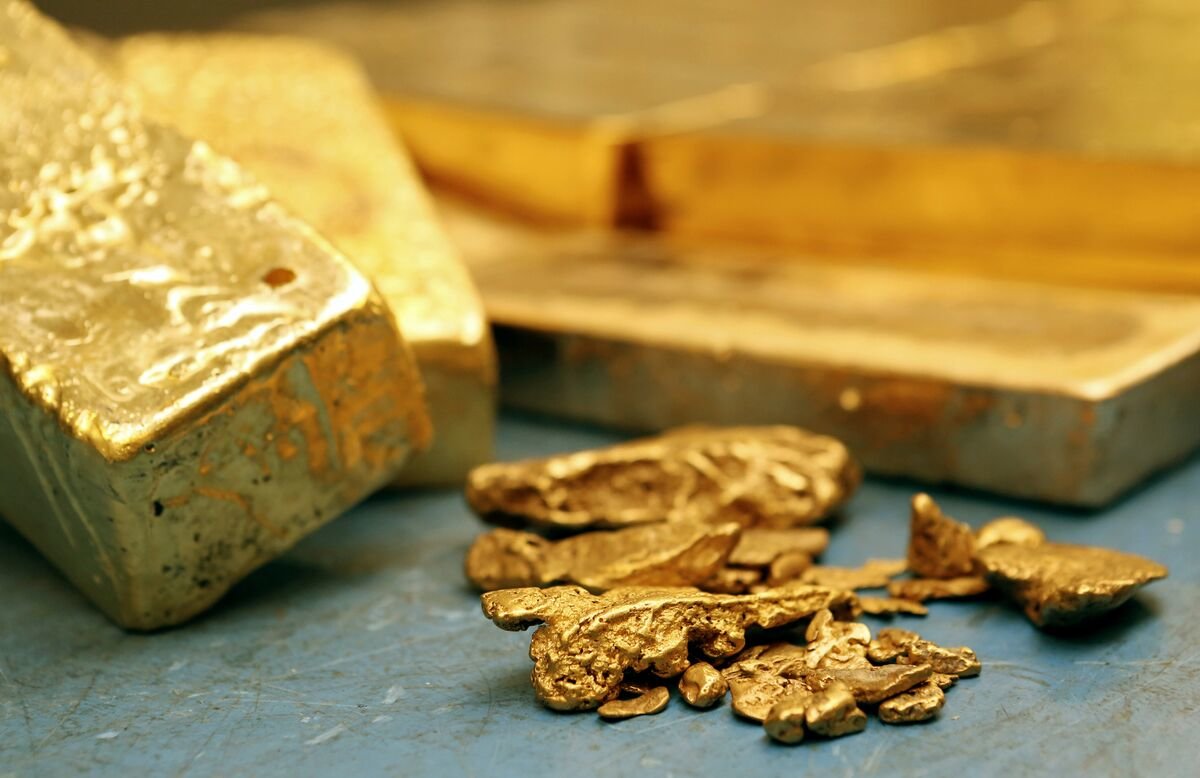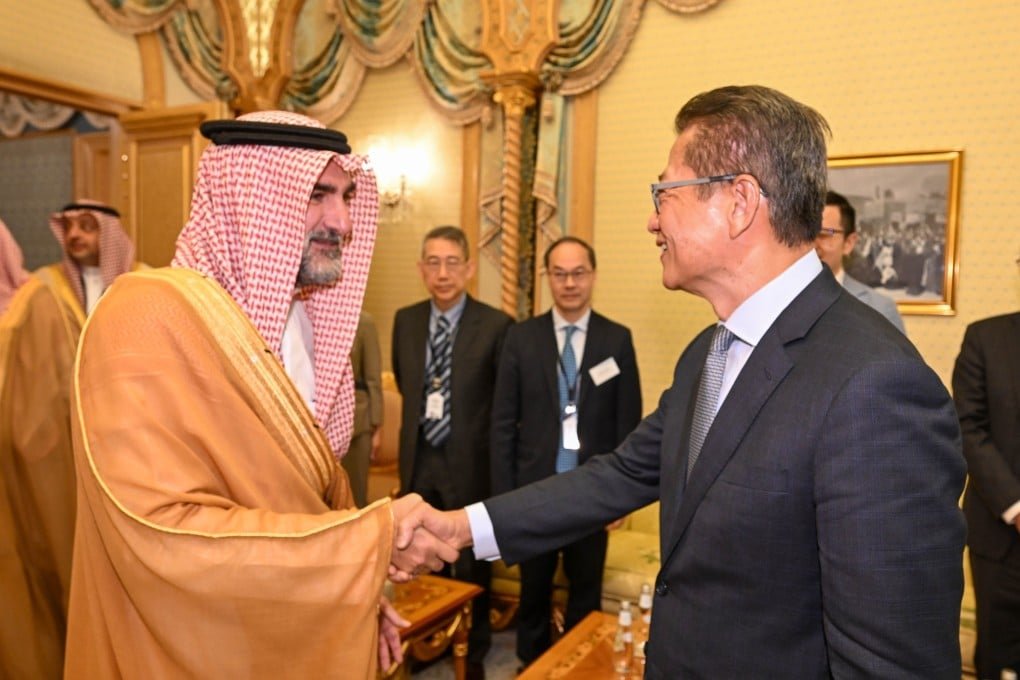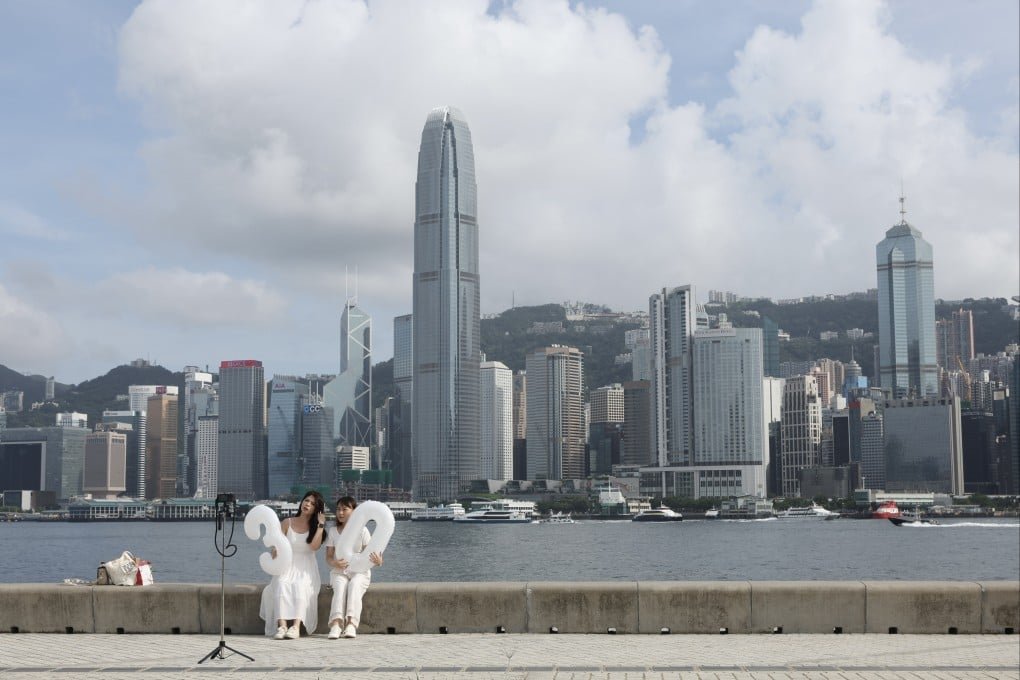The Hang Seng Index advanced by 0.4 per cent to 26,001.13 by 9:50 a.m. local time, while the Hang Seng Tech index slipped 0.1 per cent, and mainland indexes recorded modest declines.
The market response followed statements attributed to the White House that China would suspend additional rare-earth export curbs and terminate investigations into U.S. chip-industry firms under a framework reached between Donald Trump and Xi Jinping.
The accord reportedly involves Washington holding off on imposing further reciprocal tariffs in return.
Among sector winners in Hong Kong, travel booking platform Trip.com Group rose approximately 1.5 per cent, e-commerce player JD.com gained around 0.9 per cent, and tech hardware company Xiaomi climbed about 2.5 per cent.
By contrast, jewellery chain Chow Tai Fook Jewellery Group dropped 6.6 per cent and gold producer Zijin Mining shed 2.5 per cent.
Commentators noted that the rare-earth sector remains closely watched as a flashpoint in the broader technology and defence trade dispute.
China controls about 70 per cent of the world’s rare-earth mining and approximately 90 per cent of its processing.
Recent Beijing announcements mandated licensing for exports of even minute traces of Chinese-sourced rare earths—fuel for global nervousness around high-tech supply chains.
The latest uptick in equities appears driven by improved risk sentiment, with investors interpreting the developments as a return to negotiation rather than escalation.
However, analysts caution that the details of any trade “pause” remain vague and that sustaining the positive momentum may depend on concrete regulatory actions and follow-through from both sides.
Global markets echoed the shift in tone: U.S. and Asian stocks rallied last week as the prospect of a meeting between Trump and Xi boosted hopes of a more enduring truce.
Metals such as copper also received a lift, while safe-haven assets like gold eased.
Still, underlying trade frictions remain.
While the framework may offer temporary relief, many key barriers—including tariffs and technology restrictions—remain intact until both capitals deliver on commitments.
Investors remain alert to any signals that the détente could unravel.
The move underscores how strategic minerals such as rare earths are increasingly central to global supply-chain and geopolitical risk assessments.
